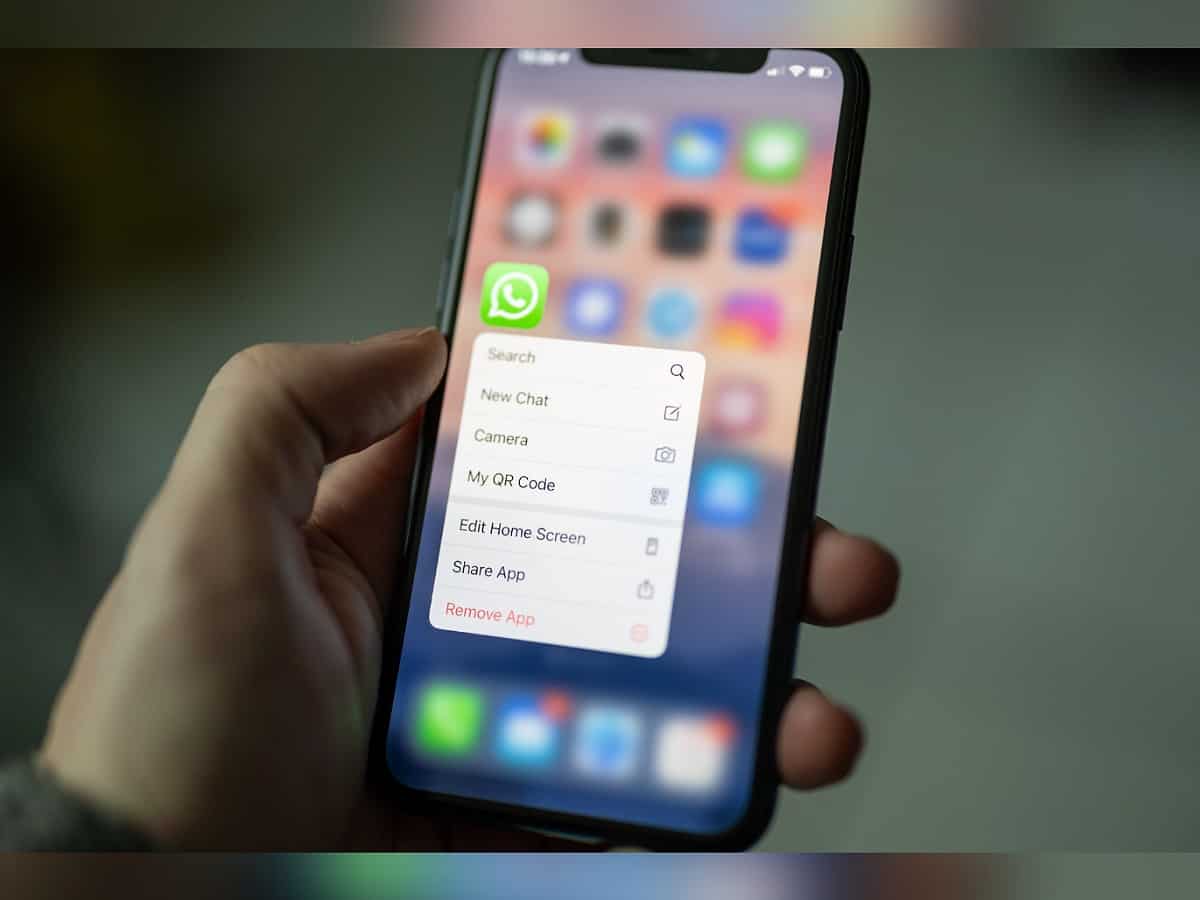Saudi urges WhatsApp users to update app to avoid malware threat

Riyadh: The authorities in the Kingdom of Saudi Arabia (KSA) on Sunday urged users of the WhatsApp application to update their app to avoid serious malware threats.
The national indicative centre for cyber security, in Saudi Arabia, warned of security flaws in the WhatsApp application.
The centre, which is affiliated with the Kingdom’s national cybersecurity authority, said in its warning, “WhatsApp has issued several updates to address the vulnerabilities.”
It explained that the vulnerabilities exist in WhatsApp applications for the Android system prior to version 2.22.16.12, and before version 2.22.16.2.
There are also gaps in the WhatsApp Business application for Android before version 2.22.16.12, and WhatsApp iOS before version 2.22.16.12 and 2.22.15.9.
The centre stated that the threats consist in enabling the attacker to exploit the vulnerabilities by executing malicious software remotely.
According to data from Kaspersky, a cybersecurity company, published in February, the year 2021 saw a significant increase in attacks targeting mobile phones in Saudi Arabia by 19 per cent.



